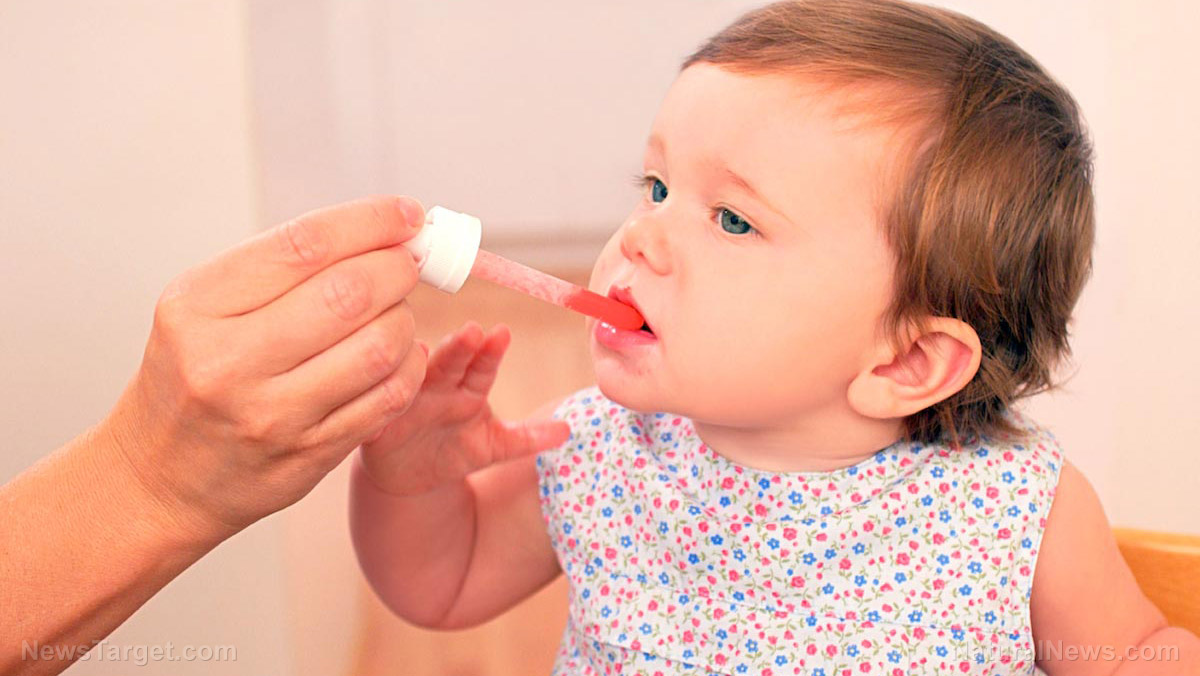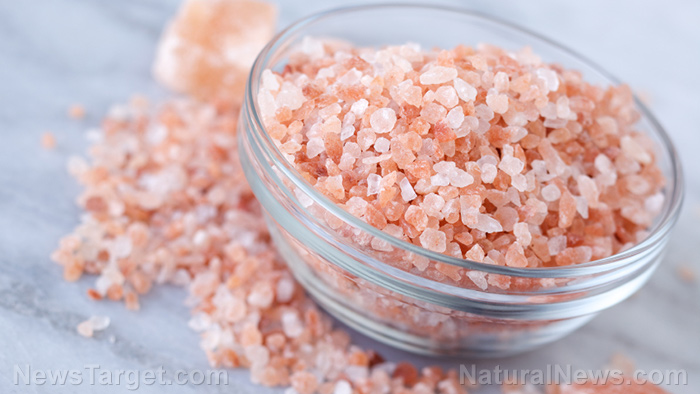Babies who take anti-reflux medication are more likely to suffer bone fractures later in life
05/12/2017 / By Frances Bloomfield

Babies who’ve been prescribed anti-reflux antacids are more likely to suffer bone fractures in later childhood. To be more exact, infants under one year old increased their risk of bone fractures by almost a third when they were given treatments to manage acid reflux. These were the findings presented by researchers at the 2017 Pediatric Academic Societies Meeting at the Moscone West Convention Center in San Francisco, Calif.
Infant acid reflux, or gastro-esophageal reflux (GER), occurs because a baby’s esophagus is still developing and causes them to spit up their milk during or after feeding. This common infant problem usually wanes by the time babies hit their first birthday. For more severe cases of GER, doctors often prescribe drugs like histamine H2-receptor antagonists (H2-blockers) and proton pump inhibitors (PPIs) to reduce stomach acid production. However, past studies have shown that these types of medications can make adults more susceptible to bone fractures. In 2011, the Food and Drug Administration (FDA) even warned the public against the possible bone-damaging effects of acid reflux drugs.
These associations had researchers look into the effects such medication may have on infants. The researchers extensively studied the records of 874,447 healthy children born within the Military Healthcare System from 2001 to 2013; additionally, they took note of which children received care for at least two years.
Out of the nearly 900,000 children, they found that about 10 percent or 87,447 children had been prescribed antacids before they turned a year old. Although children who were given H2-blockers were found to be safe from the immediate increase in fractures, those who had been medicated with PPIs were 22 percent more likely to experience a fracture. That likelihood grew to 31 percent for children who used both PPIs and H2-blockers.
Furthermore, the researchers noted other factors that contributed to increased bone fracture risk. They found that the number of bone fractures increased with the number of days the children took the antacids. Children who were began taking anti-reflux medication while they were six months or younger were also at more prone to fracture. By comparison, children who began taking the antacids when they were two years old or above were less vulnerable to fracture risk.
This could be because anti-reflux medication interferes with the natural processes occurring inside a baby. By significantly decreasing the amount of stomach acids, less calcium is absorbed by the bones, reports the DailyMail.co.uk. The less calcium there is, the weaker the bones become. In the words of Postnatal Educator Philippa Murphy: “PPI use is associated with increased risk of fractures because they decrease the absorption of calcium. When there is a deficiency of calcium, the baby has to leech it from their teeth, bones and muscles causing various forms of weaknesses.” Murphy also notes that calcium deficiency can lead to more than just increased bone fracture risk, listing loss of muscle tone, tooth decay and rickets as other possible conditions. (Related: Acid reflux medications can cause severe deficiency in critical nutrients)
“With many antacids easily available over-the-counter for adults, these medications may seem benign,” stated lead study author and pediatrics resident at the Walter Reed National Military Medical Center Dr. Laura Malchodi. “However, our study adds to a growing body of evidence suggesting antacid medications are not safe for children, especially very young children, and should only be prescribed to treat confirmed serious cases of more severe symptomatic gastroesophageal reflux disease (GERD), and for the shortest length of time needed.”
Visit Medicine.news to learn more about the medications you purchase over the counter.
Sources include:
Tagged Under: acid reflux medicine, babies, bone fractures




















